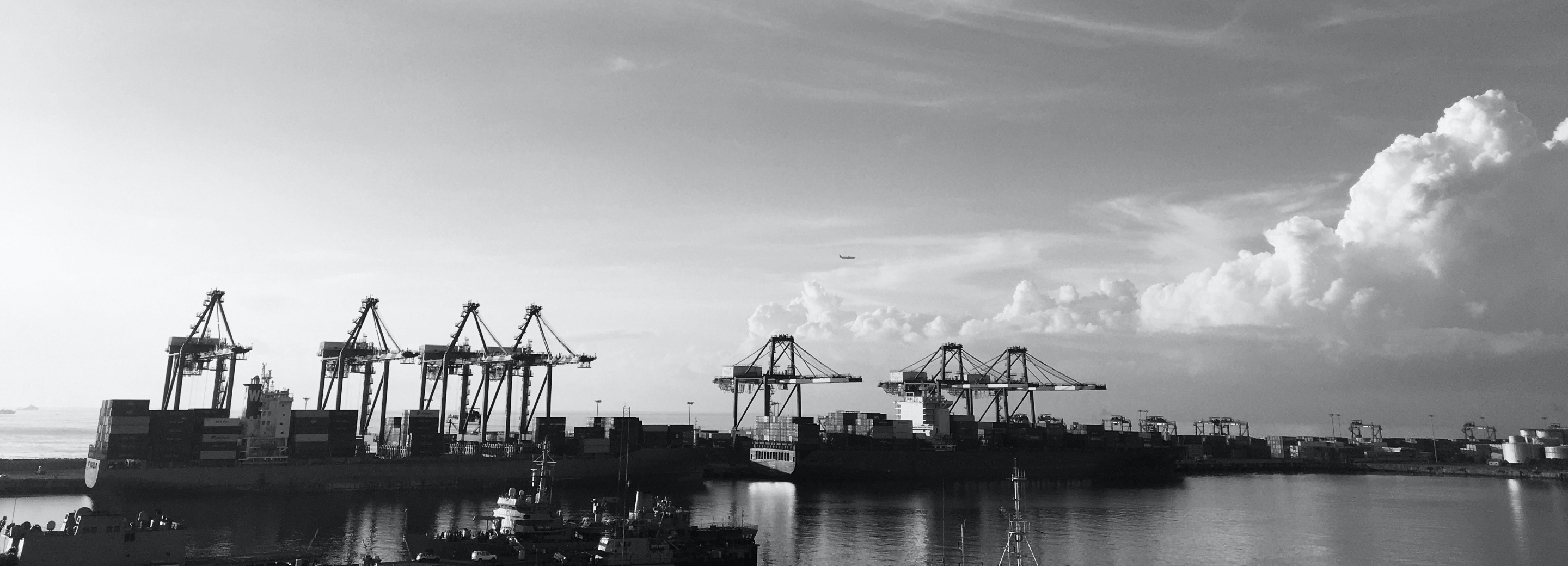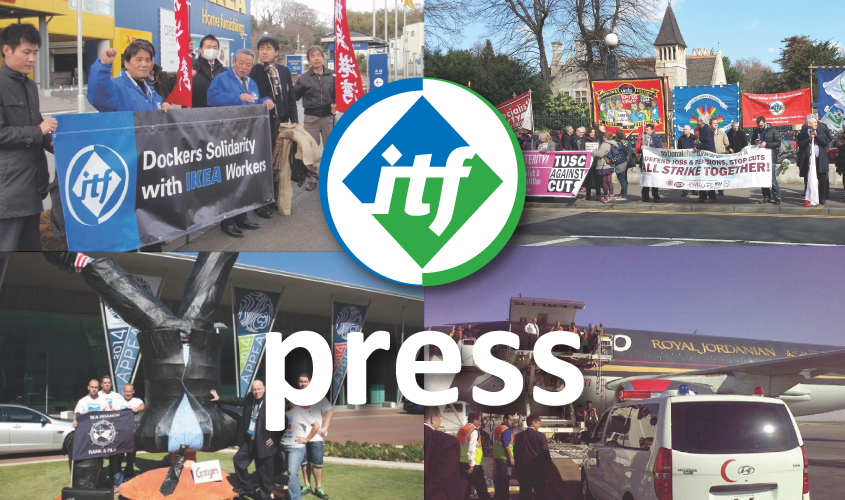
The International Transport Workers’ Federation (ITF) is today targeting Chevron’s shareholder meeting in Midland, Texas to explain why energy giant Chevron’s Gorgon project in north-western Australia is over-budget and delayed.
The ITF is working closely with its affiliate, the Maritime Union of Australia (MUA), as part of a global campaign to build awareness over delays and cost overruns on the project which was originally costed at USD37 billion but has now blown out to USD54 billion.
Local company management and business lobby groups have unfairly blamed the MUA for problems on the Gorgon project, as the union seeks to negotiate a new Enterprise Bargaining Agreement for maritime workers working in the offshore oil and gas sector.
“Gorgon is an important project for Chevron and the Australian national interest in the development of our nationally-owned resources,” ITF President and MUA National Secretary Paddy Crumlin said.
“The MUA, the ITF and myself have consistently committed to a functional and long term commitment to productivity within the reach of labour relations since the initial Financial Investment Decision years ago. Each approach has been firmly rebuffed by the company,” Mr Crumlin said.
“Chevron should sit down with the unions to develop a sustainable and functional relationship with its workforce.
“Gorgon is one of the largest LNG projects in the world, where Australian national assets are being developed in an Australian National Park.
“It’s imperative that Chevron develops a good industrial relationship with those working on the project and keeps the local community onside. So far, it has dismally failed in this regard.
“The company needs to get a grip, cop their stuff-ups on the chin and return to a mature and balanced industrial relations model more suited to Australian values underpinning economic and commercial success.”
A new report offers a thorough analysis of the project's issues to date.
Download the report from http://www.nationalinterest.com.au.
Watch a video about Chevron mismanagement of the Gorgon project at http://youtu.be/OIKRVjxiYuA.
The report, undertaken by Bradon Ellem, Professor of Employment Relations at the University of Sydney Business School, found the Gorgon delays and cost blowouts are due to a range of logistical factors and poor management decisions, with unions and IR playing a negligible role overall.
The report, entitled 'What is Happening on Chevron’s Gorgon Project?' has found that not only are wages a small part of the costs, most of the figures used in public debate have been misleading.
Its findings run contrary to local Chevron management and business lobby groups’ commentary around the project. Instead, the massive blowout in cost is mainly due to logistical delays. Such delays are common with megaprojects, the report finds.
These findings are consistent with research undertaken by BIS Shrapnel found that the wages of maritime workers make up less than one percent of the USD54 billion cost of building Gorgon.
The University of Sydney report also found that workers on the project have been frustrated with a lack of consultation from management, which could have potentially prevented many of the delays.
Quick Facts
• The Gorgon project is the single largest foreign resource project in Australia.
• For Chevron it is one of the largest LNG projects ever.
• At present it is the company's single largest upstream project and could add somewhere between $40-60 billion US a year in revenue.
• Chevron is releasing information that first gas will be on target for the middle of 2015.
• In each of the past two Decembers, Chevron has released new information about Gorgon increasing the projected cost of the project and delaying the timing of first gas delivery.
• Originally costed at USD37 billion, the budget is now running at USD54 billion.
• Originally scheduled to have ‘first gas’ in 2014, there are growing concerns about delay, with 2015 the most optimistic start-up date.
• Shell, one of the project’s joint venture partners, believes the date could be at least 2016 and as late as 2018.
ENDS
For more information please contact:
Darrin Barnett, for ITF Australia. Tel: +61 428 119 703.
